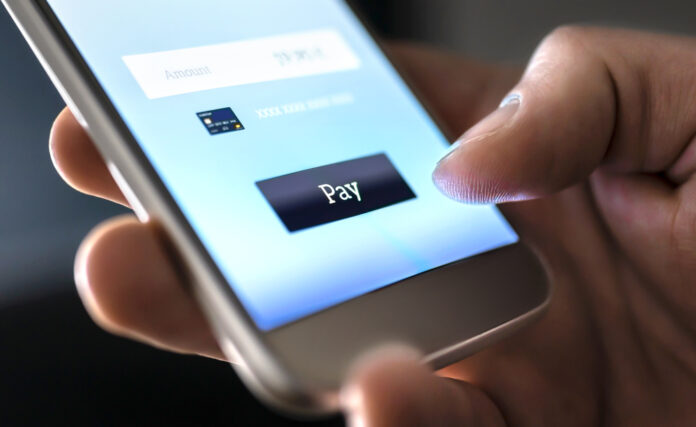The Philippines is well on its way to a cash-lite future as the number of Filipinos owning e-wallets like Maya and GCash far outnumber those owning credit cards, based on latest reports.
US-based consumer credit insights agency TransUnion reported that 85 percent of Filipinos own e-wallets as of latest, far more than those who own credit cards of only 25 percent.
But even at this number, these credit card-owning Filipinos represent a vast improvement from the last known survey conducted by the World Bank which estimated credit card transactions at only 8.1 percent in 2021. The bulk of transactions across the economy is still done with cash, the World Bank said.
TransUnion noted that credit cards have been around quite a while in the Philippines while e-wallets proliferated only in the past few years, possibly indicating a rather entrenched misapprehension or even stigma on why one would need a credit card for in the first place.
“Improving financial literacy among our fellow Filipinos is a major step in fostering a more inclusive financial ecosystem in the country,” said Pia Arellano, president and CEO of TransUnion Philippines. “We are passionate about the work we do every day to help wider consumers understand more about credit and enable them to access credit opportunities to achieve their life goals. By harnessing both traditional and alternative data to generate insights on an individual’s creditworthiness, it becomes possible for more consumers to be seen and included in the formal financial system, especially unbanked Filipinos constrained by the lack of available credit information on them.”
According to the TransUnion survey, an overwhelming bulk of Filipinos or 96 percent favor cash transactions over e-wallets (93 percent) over credit offerings like buy-now pay-later (66 percent) and credit cards (59 percent).
The disparity, TransUnion said, also has to do with trust as most Filipinos, particularly the unbanked portion of the population, rely on informal sources of credit than on the formal sources.
Based on TransUnion’s credit perception index or CPI, which attempts to track credit attitude, knowledge, trust, favorability and future receptivity, the Philippines generated 65 out of the possible 100.
“The study finds that most Filipinos surveyed (69 percent) have a general understanding of the concept of credit. Across credit products, they tend to be most knowledgeable about credit card installment payments (83 percent), followed by personal loans (77 percent), credit cards (71 percent), and Buy Now Pay Later (69 percent). In contrast, they are far less familiar with mortgages (58 percent), auto loans (54 percent), and overdraft protection (25 percent).
“Trustworthiness in different credit products also follows a similar pattern, with credit card installment payments (81 percent) and personal loans (78 percent) seen as being more trustworthy, and overdraft protection (42 percent) being less trusted among Filipinos surveyed. This suggests a likely correlation between knowledge and trust – the more knowledgeable a consumer is about a credit product, the more trustworthy the consumer would find the product.
“In comparison with other financial products, Filipinos tend to favor cash (96 percent) and e-wallets (93 percent) over credit products such as Buy Now Pay Later (66 percent) and credit cards (59 percent). In fact, credit card penetration rates remain low despite longstanding presence in the Philippines, with only 25 percent of respondents owning a credit card. This is in sharp contrast to the 85 percent who have an e-wallet, which have only become available recently in comparison to credit cards in the country. The fact that credit cards are a more widely held product in many markets around the world yet remain stagnant in the Philippines in terms of penetration, may indicate a prevailing conservative attitude surrounding credit among the Filipino public,” the TransUnion survey finds.







